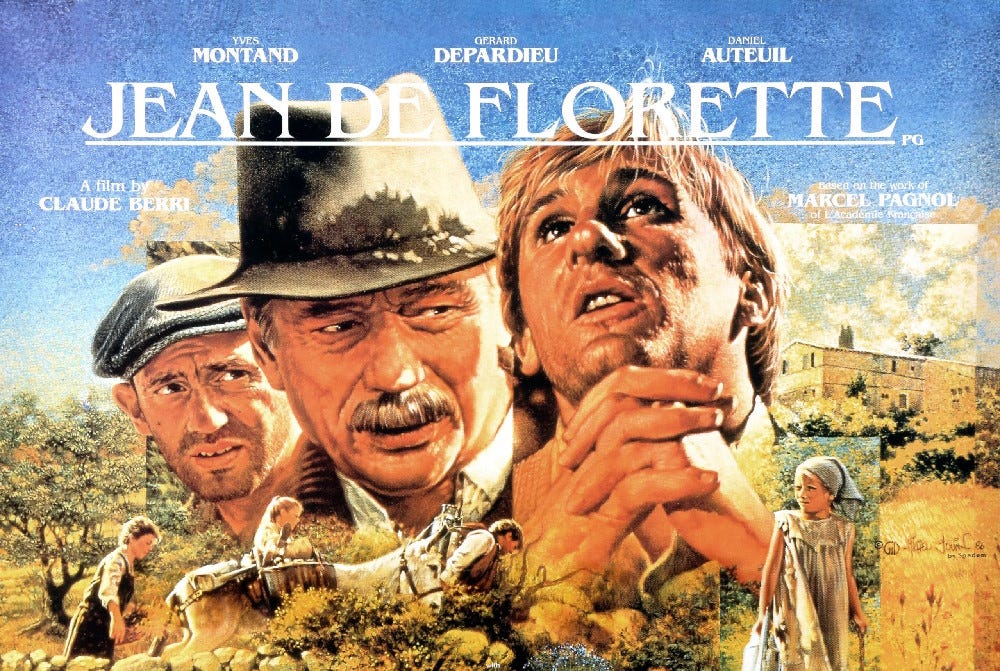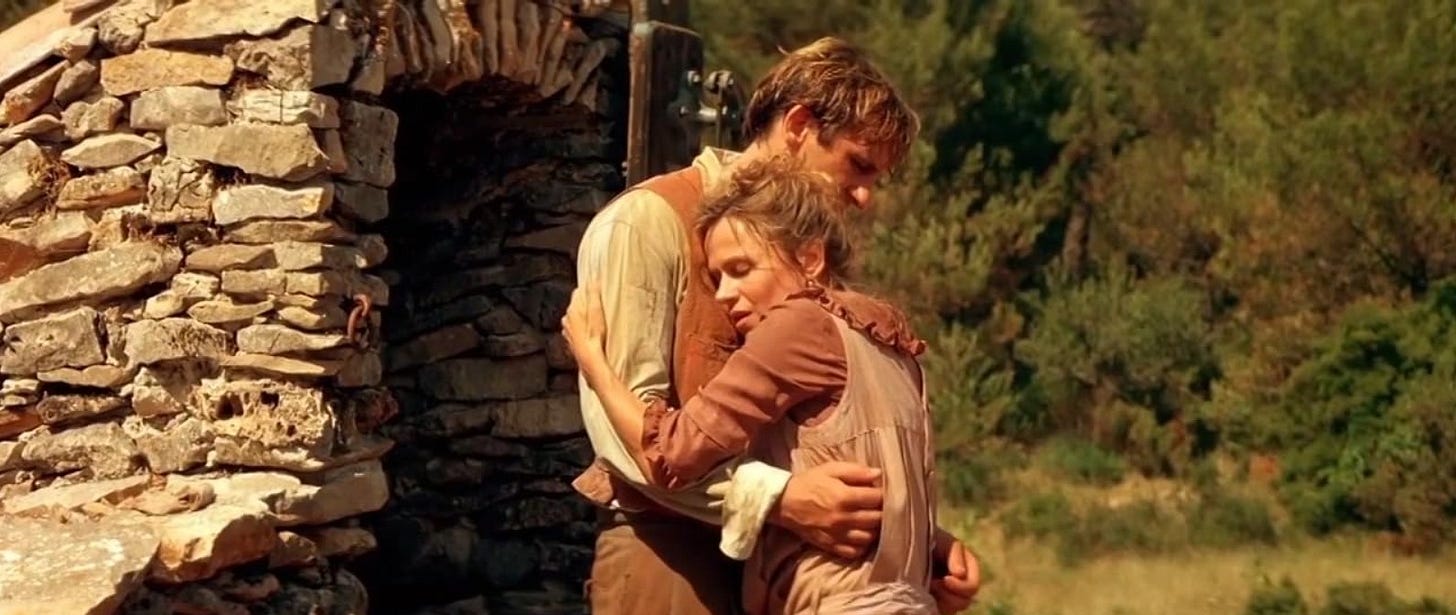Every culture has the trope of returning to the common land. Returning to the countryside, getting back in touch with the rural primeval. This also seeps into video games. Harvest Moon was a breakout hit for the Super Nintendo that proved that gamers would happily forgo guns in exchange for (farming) hoes. They’ll till the fields, plant seeds, and fill their watering cans while in a slack-jawed stupor in front of a screen.
Stardew Valley took that formula and kicked it up a notch. The story, in the game, is about you getting fed up with your boring computer desk job and to instead move into the bucolic farm your grandpa left you. That means that you — person likely living in a city and reading this on a computer screen — can play a digital simulation of someone not living in a city and not being on a computer. Instead you’d be clearing weeds off your field so that you can plant more turnips and maybe try to find love among the limited selection of eligible bachelors in your small town. That’s the perverted fantasy some gamers slobber over.
Another magnificent manifestation of this retvrn fantasy is in the 1986 French two-part epic called Jean de Florette and Manon of the Spring. It was, at the time, the most expensive French movie ever made, and while Americans were shelling out money to see Top Gun and Aliens, Frenchies were shelling out cash to see a movie about farming.
Set in 1920s France, the titular character Jean is a hunchback who has achieved a comfortable urban living with a loving wife and daughter. He leaves all his comforts behind when a fortuitous accident causes him to inherit his late mother’s farmhouse; abandons his professional stability to instead eke out a living among the rugged hills of the Provence region.

The antagonists are his native neighbors Ugolin and his uncle Cesar, sole remnants of the once-proud Soubeyran family name, who constantly hatch schemes to sabotage Jean’s efforts in a bid to lowball the farmhouse from under him.
The central theme, motivating both the antagonists and protagonists, is humanity’s stubborn folly. Jean exhausts his body and his finances in his pursuit of capitulating the countryside to do his bidding. Everything has to be sourced from scratch and forcibly ripped out from the ground, most prominently the enormous quantities of water needed for his agricultural ventures. The troves of farming almanacs and arithmetic tables piling up around his library mean shit when nature refuses to cooperate. Yet he doubles down.
The two Soubeyrans have a home field advantage. They tap into the perennial distrust of city-slickers to sow suspicion against Jean among the local villagers. Jean remains irrationally optimistic, and Ugolin and Cesar react by doubling down as well.
There’s so much I love about this movie(s). Ugolin’s desperate confession given while he’s wearing his new hunter outfit is an absolutely hilarious scene. Jean’s romantic aspiration of drinking wine from grapes he grows taps into a familiar motivation. All the more tragic when he bolts awake in the middle of the night at the sound of a thunderstorm, desperate to feel the rain on his face, only to watch the heavens chart their own path. Nature doesn’t give a fuck about what you desire.
Finally, the ending delivers cosmic justice that almost makes you feel sorry for those involved. It’s a conclusion that no legal system could provide, only tragic happenstance.
The only place you can watch this online (I couldn’t even pirate it!) is at the Criterion Channel, and they have a free 7-day trial. It’s really really good.





I remember watching these movies with my mom as a little girl (and being so scandalized by Emmanuelle Beart dancing nude after she has bathed in the spring!).
Haha, so funny to see this here. It's one of my wife's favorite movies and I downloaded it a few weeks ago. I was planning on watching it again with her. We saw it in the 80's when it came out.